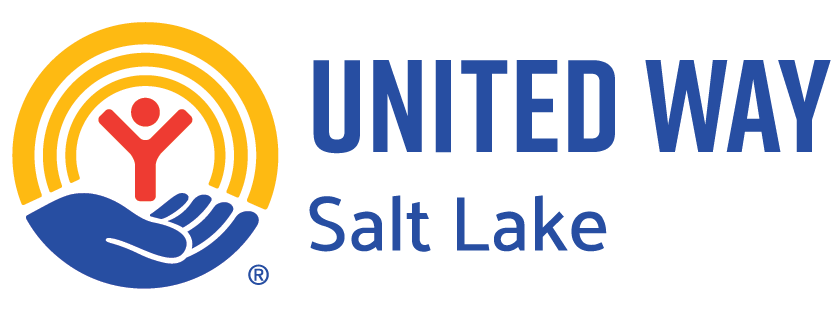 by Stephanie Rokich
by Stephanie Rokich
Director of Elementary Learning
Ever wonder what kids learn in the summer? The National Summer Learning Association has put together an interactive map of dozens of summer learning day programs and activities gong on across the country, all summer long. Check it out to find a dozen programs going on in our Promise Partnerships!
United Way of Salt Lake Promise Partnerships know the importance of summer learning to keep kids on track in school. Otherwise, kids are susceptible to summer learning loss, commonly called the “summer slide”. With little or no access to educational programs or books during the summer, low-income kids often fall behind their peers during the summer and return to school in the fall at a lower academic level than when they left the previous year.
Summer Learning Day is a national advocacy day recognized to spread awareness about the importance of summer learning for our nation’s youth in helping close the achievement gap and support healthy development in communities all across the country.
The vision of the National Summer Learning Association is for every child to be safe, healthy, and engaged in learning during the summer. To realize that vision, the organization’s mission is to connect and equip schools, providers, communities, and families to deliver high-quality summer learning opportunities to our nation’s youth to help close the achievement gap and support healthy development.
Facts about Summer Learning from the National Summer Learning Association
- All young people experience learning losses when they do not engage in educational activities during the summer. Research spanning 100 years shows that students typically score lower on standardized tests at the end of summer vacation than they do on the same tests at the beginning of the summer (White, 1906; Heyns, 1978; Entwisle & Alexander 1992; Cooper, 1996; Downey et al, 2004).
- Most students lose about two months of grade-level equivalency in mathematical computation skills over the summer months. Low-income students also lose more than two months in reading achievement, despite the fact that their middle-class peers make slight gains (Cooper, 1996).
- More than half of the achievement gap between lower- and higher-income youth can be explained by unequal access to summer learning opportunities. As a result, low-income youth are less likely to graduate from high school or enter college (Alexander et al, 2007).
- Children lose more than academic knowledge over the summer. Most children—particularly children at high risk of obesity—gain weight more rapidly when they are out of school during summer break (Von Hippel et al, 2007).
- Parents consistently cite summer as the most difficult time to ensure that their children have productive things to do (Duffett et al, 2004).


